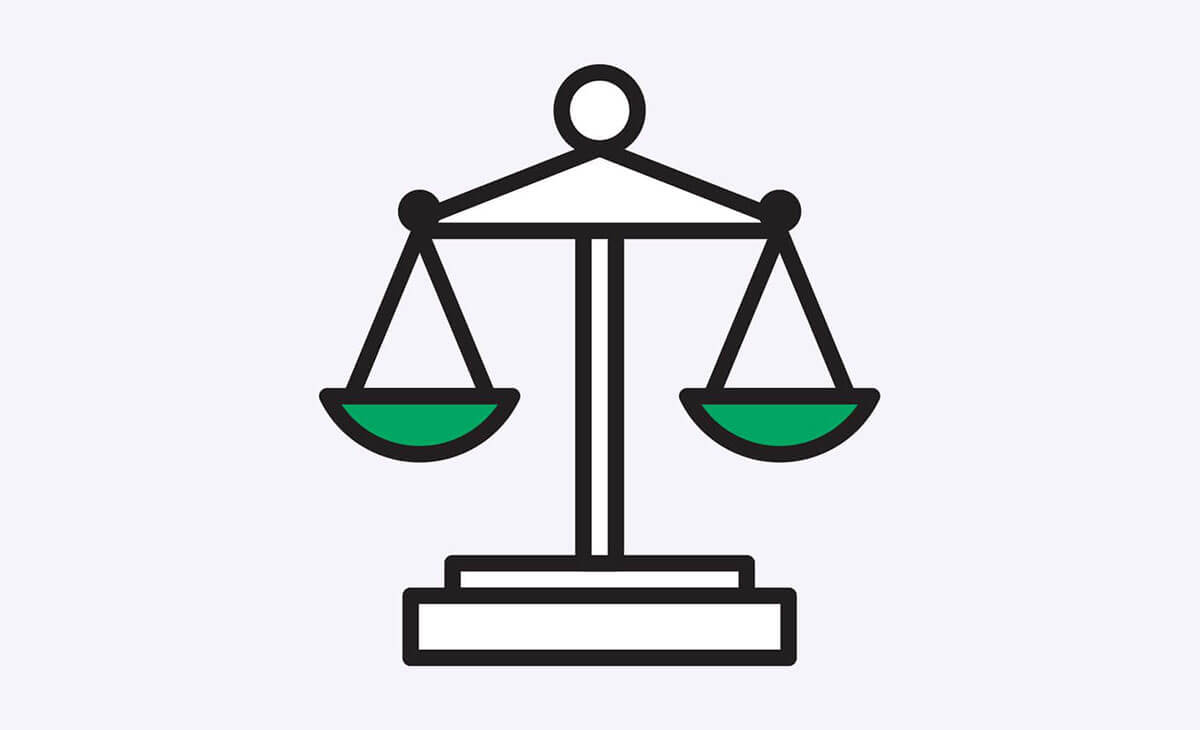Jordan Furlong of Law21, in a post worth reading, argues that “The future legal marketplace is going to require fewer, differently skilled lawyers than it has” but that “the overall legal services market seems poised for strong growth” driven by demand and innovations from new legal service providers (“virtual law firms, legal process outsourcing companies, freelance and contract lawyer organizations, e-discovery specialists, automated document assembly programs, consumer-friendly legal kiosks and outlets, and many other options still at the embryonic stage”). At DiligenceEngine, we think (and hope, as a new legal service provider!) Jordan is right about a good future market for new legal service providers. We are not convinced, however, that advances in legal practice will mean less lawyer jobs, at least at the high end of Biglaw we’re familiar with (though recognize that new legal providers (e.g., LegalZoom) may have a significant impact on lawyer jobs at the low and middle ranges of the market).
Focusing solely on Biglaw, consider whether automating/outsourcing junior lawyer tasks leads to less junior lawyer jobs. If some of the things junior lawyers do (e.g., due diligence, document review, closing room preparation) are being done elsewhere or by software, all other things equal, firms should need less junior lawyers. Junior lawyers do much more than just automatable and outsourcable tasks, but many spend a lot of time on work that could be done better and cheaper. Accordingly, junior Biglaw jobs should become even more scarce, right? Right, if demand for high end law firm work is inelastic (that is, if demand for law firm work does not fluctuate inversely with cost). But demand for high end legal services is generally elastic (with the exception of very large deals—a $5B dollar M&A deal should not hang on whether legal fees are $1M, $3M or $10M). Transaction costs matter for most matters. Parties (in a deal or litigation where they feel they need high end lawyers they trust) may avoid doing a deal, litigating a matter or making a bid because legal fees are too high to justify. Lower overall legal fees per transaction (driven by more efficient work processes incorporating automation/outsourcing) can drive more transactions. And firms acting on a contingency fee basis (including the corporate law version, only getting paid on a winning bid) may be more willing and able to participate in more work if their costs are lower. Meaning more, and more interesting, high end legal work. And so even though junior lawyers may be able to complete their tasks more quickly, more deals should mean there will be lots for them to do. Which means firms will still need lots of junior lawyers.

